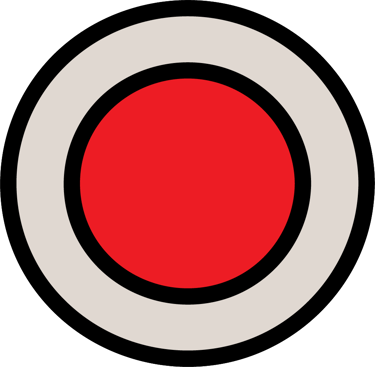The Dynamic of Arm Controls in Sudan .
Ongoing research about Sudan Conflict every month
From July 2024 to 2025
Background to Artrika
Artrika is a Sudanese organisation that serves as an online data monitoring clearinghouse documenting internal displacement, humanitarian gaps, airstrikes, and aerial bombardment in Darfur. Data is compiled and verified by a team of human rights monitors in Sudan and documented in real-time through coding apps and NASA Agent for Space. Data visualisation provides a comprehensive view of trehe conflict, as well as preserving evidence for future justice and accountability efforts Artrika is proud to announce the launch of its Airstrike Monitor, which will be published monthly and include thematic research and data analysis to aid fellow Sudanese organisations, international non-governmental organisations, the media, and concerned policymakers. In the same time Artrika working in the different project which is focusing on Conflict dynamic
Introductions
Artrika Conflict monitoring is our local conflict tracker, an early warning tool designed to help prevent deadly violence. It keeps decision-makers up-to-date with developments in over 18 conflicts and crises every month, identifying trends and alerting them to risks of escalation and opportunities to advance peace. In addition, Artrika Conflict monitoring monitors over 50 situations to offer timely information if developments indicate a drift toward violence or instability.
In other areas, there’s simply a striking lack of any news at all. This implies to us that the RSF is not present in those areas, because even in very remote or rural areas of RSF activity, some reports normally still come through describing RSF attacks on civilians or SAF airstrikes on RSF positions. This doesn't rule out the possibility that those areas might be home to RSF-allied Arab militias or community governments, but it doesn’t rule out the opposite either.
These incidents are not the first of their kind; the army and allied factions have previously been accused of carrying out revenge operations against civilians.
Last December, the Al-Baraa Bin Malik Brigades, linked to the regime of ousted President Omar al-Bashir, were accused of killing dozens of civilians in the Halfaya area north of Khartoum, after it was retaken from the Rapid Support Forces.
The Special Action Forces, which fought alongside the army, were also accused of carrying out physical liquidation operations against civilians in the old areas of Omdurman, hours after its liberation. Amid mounting condemnation, the Sudanese military issued a statement saying the killings were individual acts carried out by individuals without directives from higher command.
